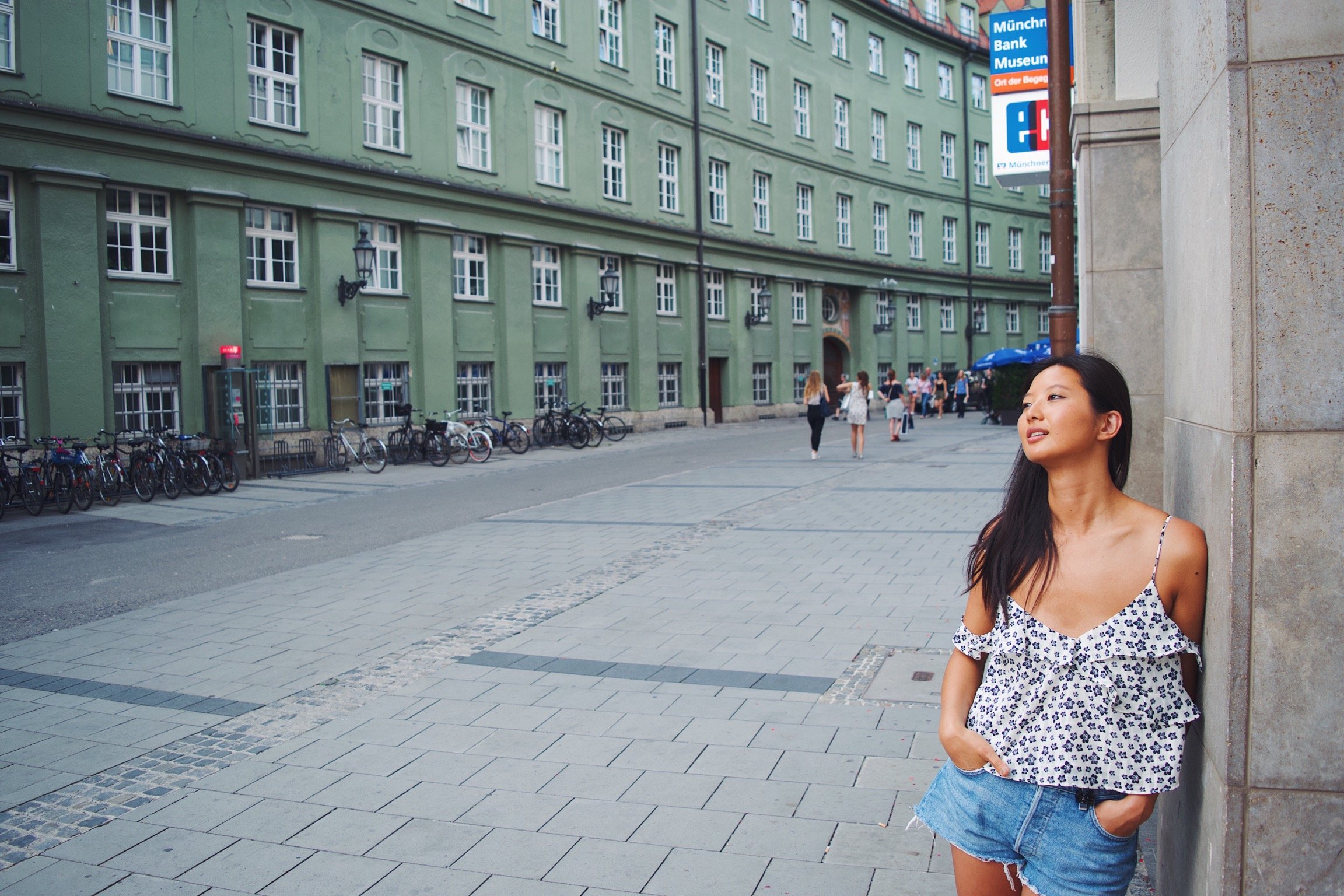In 2020, I moved across the country, gave birth to a baby at the height of a pandemic, transferred to a new team at work, and purchased a home. I should feel like superwoman. Sometimes I do, but most of the time I don’t. Despite my accomplishments this year, I have never felt the disparities between men and women more.
When I gave birth, the hospital referred to our baby as “Boy Linda Yin” and called Steve my “delivery partner”. They didn’t want to presume him as my significant other or the baby’s father. I appreciated that. Unfortunately, it’s the only time this year that an institution has given me the advantage over Steve.
When we brought Bub home, my dad watched in confusion as Steve helped with feedings and diaper changes. My dad was rarely around to help when I was a baby, and he left my caretaking mainly to the women in the family.
It’s not just my dad. During the first few months after Bub was born, friends and other family members assumed Steve was available for outings and long phone conversations. Perhaps subconsciously they thought I’d be able to watch the baby all the time. I understand where these presumptions come from. The first few months after having a baby can be intense for a mother, especially if she’s nursing and if the baby is her first. Bub barely left my side.
I was frustrated, depressed, and resentful. Having a baby was mainly Steve’s idea. It’s not that I didn’t also want to have a baby, but I was hesitant for a while because I knew having a baby would be a burden mostly on me. It’s biological.
But, I needed Steve around to take care of me while I took care of the baby. I needed his help making sure that my water glass was full, that I ate proper meals throughout the day, that I got at least three straight hours of sleep. Equally as important, I needed Steve as a sounding board when I felt anxious and overwhelmed as a new mom.
During a pandemic when we were isolated in our home, Steve and I only had each other. I needed him more than ever when this wee bairn screamed at the top of his lungs, pooped all over his onesie, or was sound asleep on my chest, leaving me unable to get up. There is so much a dad can do to help make a mom’s life easier and it involves being physically and emotionally present.
When men support women, everyone wins.
Then, we bought a home. Banks and title companies put Steve’s name first or in many cases, only put Steve’s name on documents. Contractors did the same. It didn’t matter who the breadwinner was. Steve = man so Steve = head of the household.
When the holidays rolled around, every Christmas card we received assumed I had taken Steve’s last name. They might as well have been addressed to “the property of Steve”. My name was nowhere to be found.
Unintentional? Perhaps. But it does nothing to promote equality.
Breaking patriarchal habits, to me, means first being aware of the little things we do that contribute to inequality. I, too, am working on this. One of my annoying habits is referring to a group of people as “you guys” and calling friends “dude”.
Another habit I’m trying to break is judging women by their looks. It stems from my own deep insecurities. I grew up hating everything about myself, wishing I was someone else, never feeling like I was enough. Family members constantly compared me to others and teased me about my weight. Instead of spending so much energy worrying about how I looked and whether I acted ladylike, I could have been thinking about more productive things: how to solve climate change, how to cure cancer, how to help others.
This essay isn’t meant to be a rant about Steve or any other man. It’s more a reminder to myself and others that we are products of the generation before us. We have to all consciously unlearn the patriarchal habits engrained in us from birth. When we become woke to inequities, we can, hopefully, open up dialogues and start to change things for the better.

